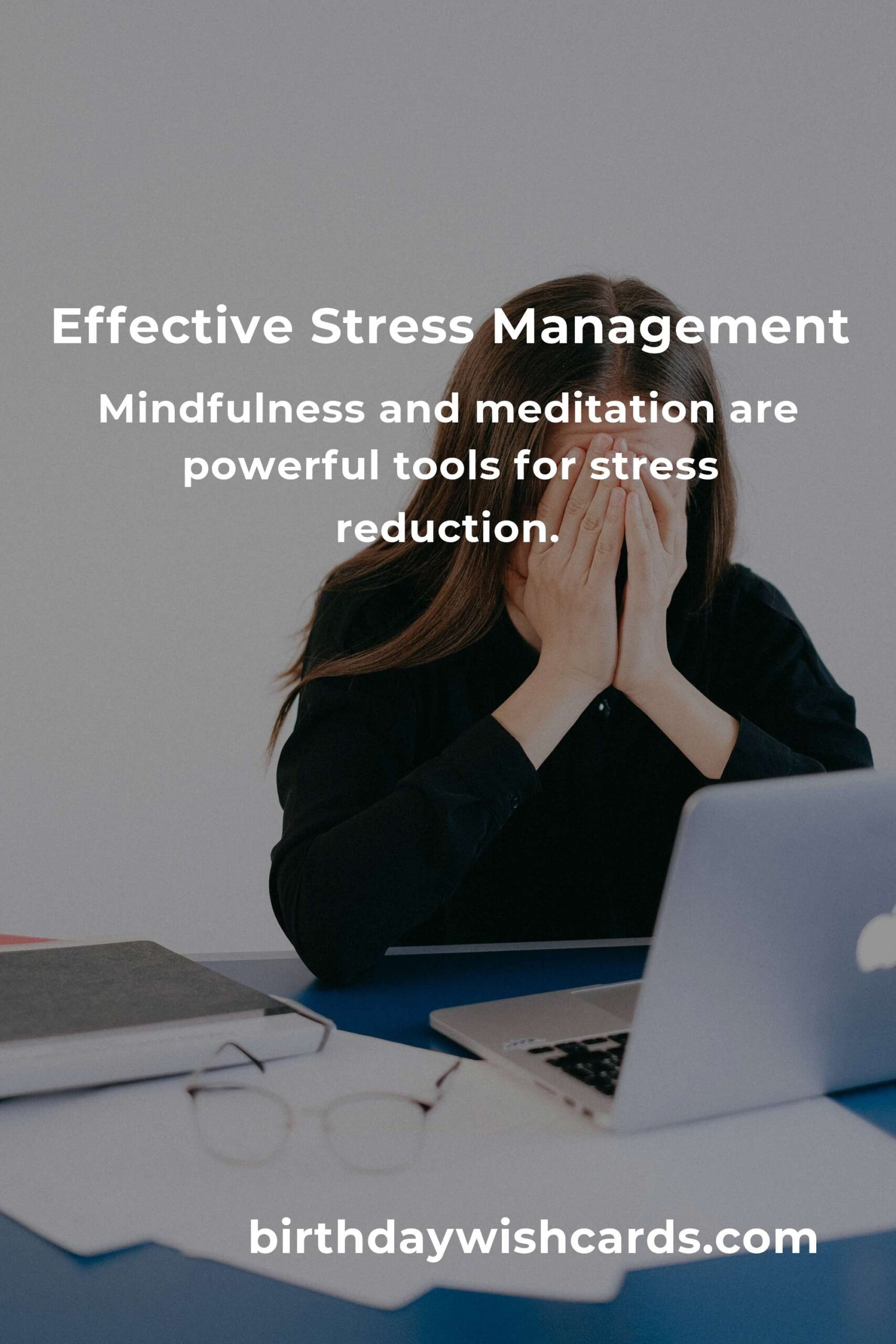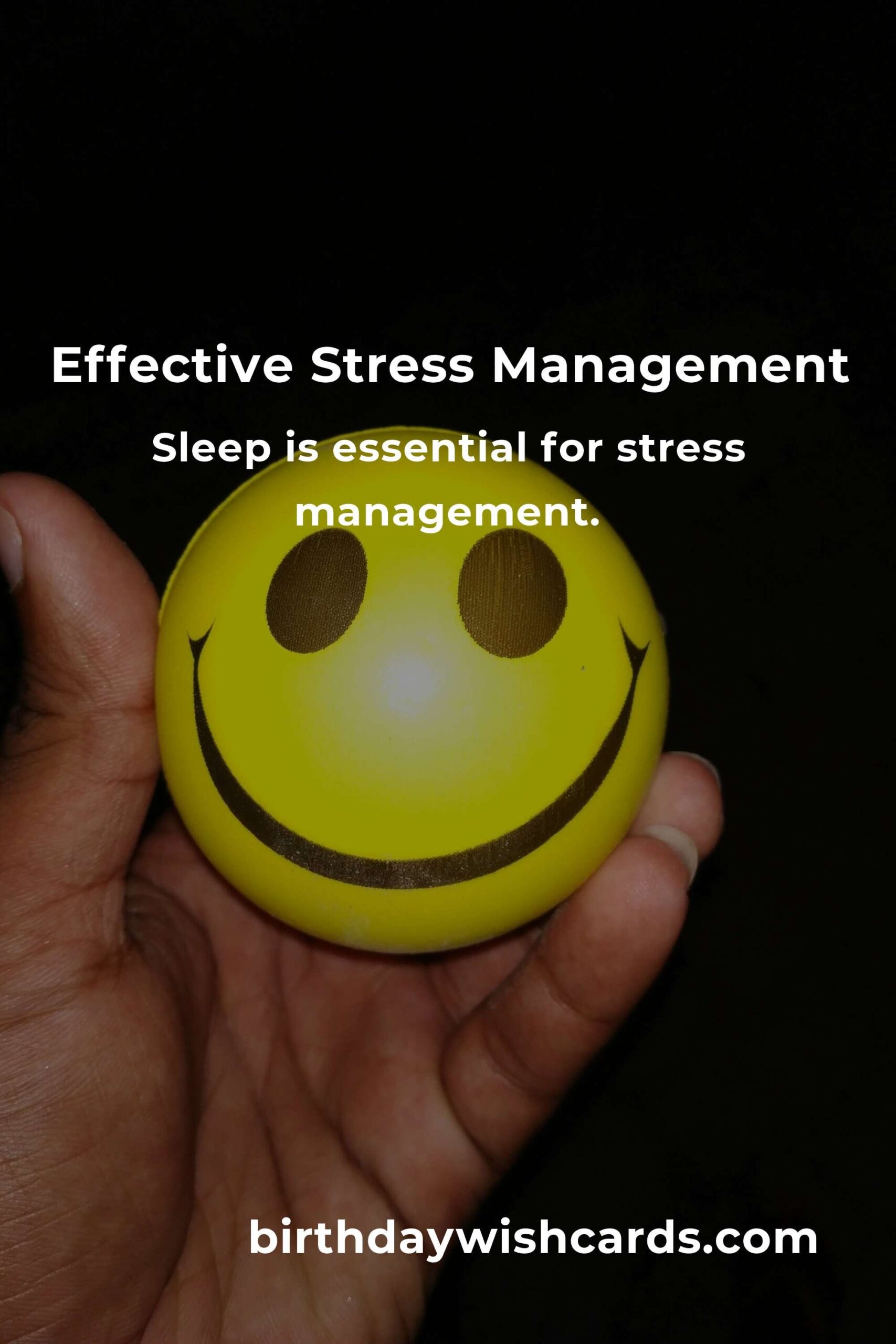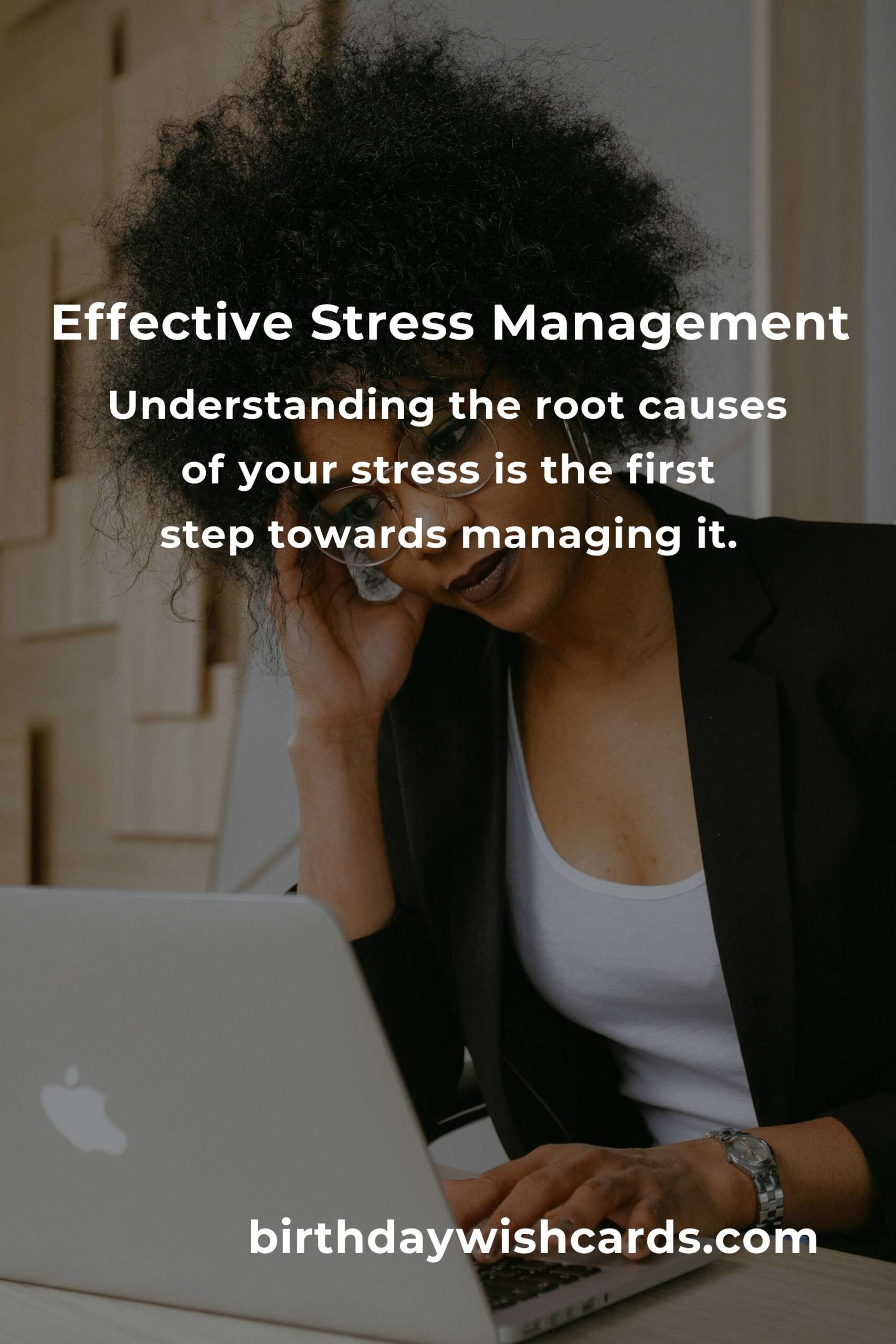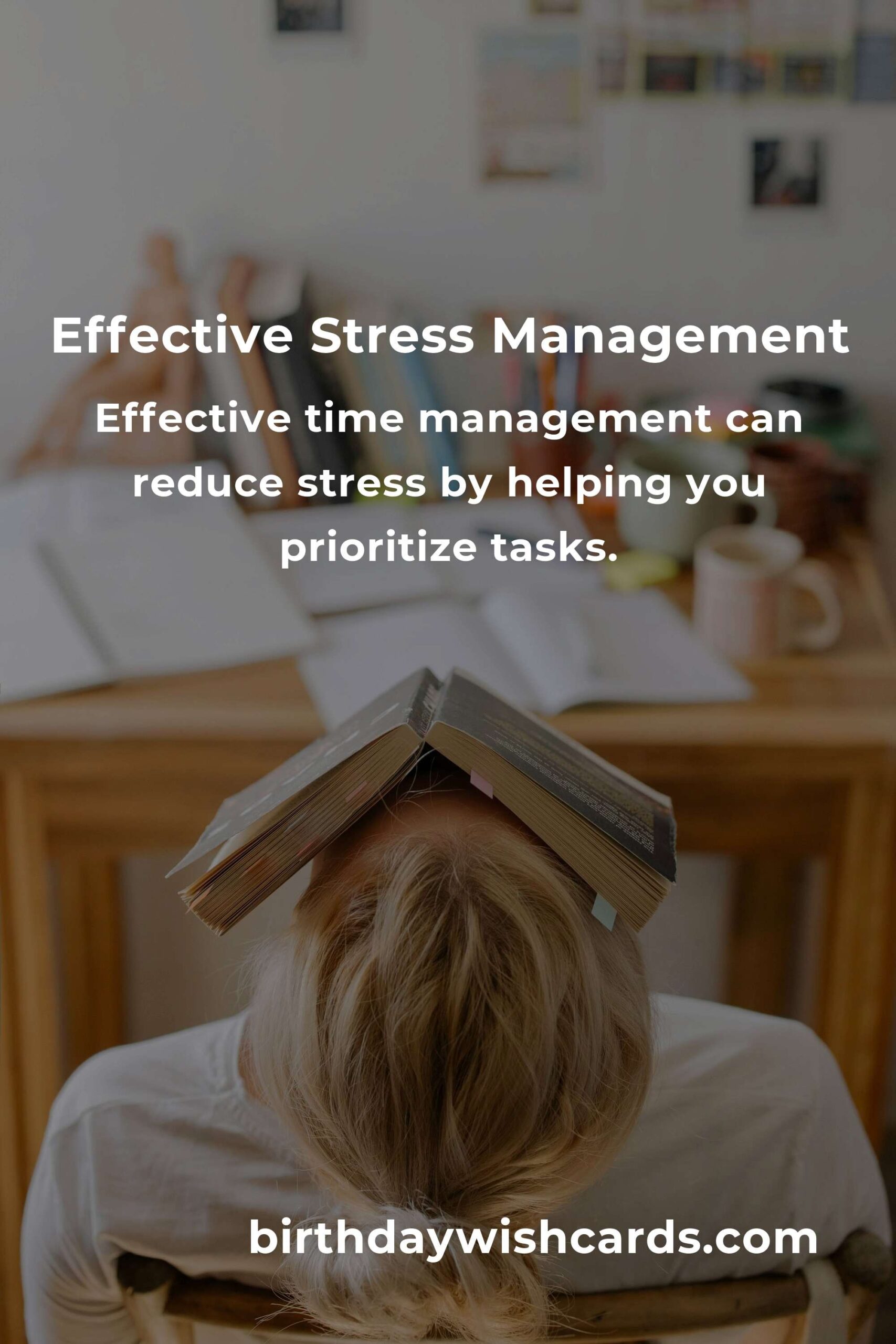
In today’s fast-paced world, stress management has become a vital skill. Whether you’re facing work pressures, personal challenges, or global uncertainties, knowing how to manage stress effectively is crucial for maintaining mental and physical well-being. Here, we explore 11 essential tips for effective stress management.
1. Identify Your Stressors
Understanding the root causes of your stress is the first step towards managing it. Spend some time reflecting on what triggers your stress responses and consider keeping a journal to track these stressors over time.
2. Practice Mindfulness and Meditation
Mindfulness and meditation are powerful tools for stress reduction. By focusing on the present moment and practicing deep breathing, you can significantly reduce stress levels. Consider starting with guided meditation apps or classes to help you get started.
3. Exercise Regularly
Physical activity is a natural stress reliever. Regular exercise releases endorphins, which are chemicals in the brain that act as natural painkillers and mood elevators. Aim for at least 30 minutes of moderate exercise most days of the week.
4. Maintain a Healthy Diet
Eating a balanced diet can affect your mood and energy levels. Incorporate plenty of fruits, vegetables, lean proteins, and whole grains into your meals, and avoid excessive caffeine and sugar intake.
5. Get Adequate Sleep
Sleep is essential for stress management. Aim for 7-9 hours of quality sleep per night. Create a restful sleep environment and establish a regular sleep schedule to improve your sleep quality.
6. Establish Boundaries
Learning to say no and establishing personal boundaries is crucial for preventing stress overload. Be clear about your limits and communicate them assertively to others.
7. Connect with Others
Social support can be a significant stress buffer. Spend time with family and friends, or consider joining a support group to share your experiences and gain new perspectives.
8. Practice Deep Breathing
Deep breathing exercises can quickly calm your mind and reduce stress. Practice taking slow, deep breaths through your nose, holding for a few seconds, and exhaling slowly through your mouth.
9. Manage Your Time Effectively
Effective time management can reduce stress by helping you prioritize tasks and avoid last-minute rushes. Use planners or digital tools to organize your schedule and break tasks into manageable steps.
10. Engage in Hobbies and Leisure Activities
Make time for activities you enjoy, whether it’s reading, gardening, painting, or playing an instrument. Engaging in hobbies can provide a much-needed break from stress and improve your overall mood.
11. Seek Professional Help if Needed
If stress becomes overwhelming, don’t hesitate to seek professional help. Therapists and counselors can provide support and strategies to help you manage stress effectively.
In conclusion, stress management is a critical aspect of a healthy lifestyle. By incorporating these tips into your daily routine, you can enhance your ability to cope with stress and improve your overall quality of life.
Understanding the root causes of your stress is the first step towards managing it. Mindfulness and meditation are powerful tools for stress reduction. Physical activity is a natural stress reliever. Eating a balanced diet can affect your mood and energy levels. Sleep is essential for stress management. Learning to say no and establishing personal boundaries is crucial for preventing stress overload. Social support can be a significant stress buffer. Deep breathing exercises can quickly calm your mind and reduce stress. Effective time management can reduce stress by helping you prioritize tasks. Make time for activities you enjoy to improve your overall mood. If stress becomes overwhelming, don’t hesitate to seek professional help.
#StressManagement #Mindfulness #HealthyLiving #Wellness #MentalHealth












